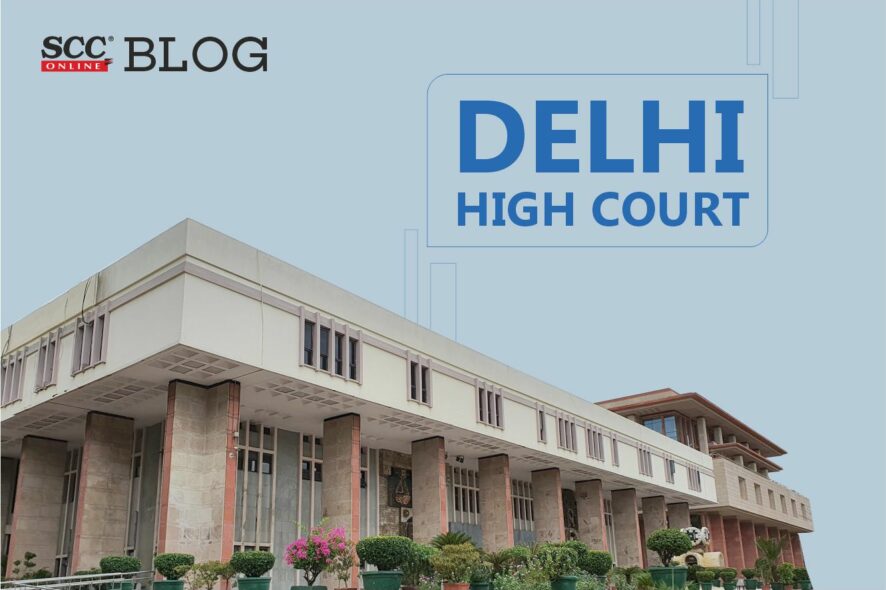Delhi High Court: In a case where protection was sought by a Muslim couple anticipating danger from the girl’s family (‘respondent 4 and 5′), Jasmeet Singh, J. directed State to grant protection to them as the girl (‘petitioner 1′) has attained puberty and willfully consented to the marriage with the boy (‘petitioner 2′).
The petitioners, Mohammedans by religion, were in love with each other and got married in accordance with Muslim rites and rituals by Maulana Imtiyaz of Jokihat Masjid, District Aauriya, Bihar. Respondents 4 and 5 are parents of the girl and opposing the marriage of the petitioners and have registered an FIR under Section 363 of Penal Code, 1860 (‘IPC’) and Section 6 of Protection of Children from Sexual Offences Act, 2012 (‘POCSO’) against petitioner 2 . The instant petition was filed seeking directions for protection to the petitioners.
Petitioner 1 submitted that she was regularly beaten by her parents at home and the parents tried to forcibly marry her to someone else. It was also submitted that petitioner 1 is pregnant and the petitioner 1 and 2 are expecting a child together. The state submitted that the petitioner was only 15 years and 5 months on the date of the marriage, thus justifying the charges alleged.
The Court noted that as per Mohammedan Law, a girl who had attained the age of puberty could marry without consent of her parents and had right to reside with her husband even when she was less than 18 years of age and thus otherwise a minor girl.
Reliance was placed on Imran v. State of Delhi, (2011) 10 SCC 192 to prove the point that POCSO is an Act for protection of children below 18 years from sexual abuse and exploitation and will apply to Muslim law. However, the Court clarified that this case cannot be relied on, in terms of the facts of the present case.
The Court clarified stating “There was no marriage between the prosecutrix and the accused. In fact, in that case sexual relationships were established prior to marriage. Post establishing the physical relationship, the accused had refused to marry the prosecutrix. It was on this basis that POCSO had been applied to the facts of that case. The object of the POCSO Act states that the Act is aimed at ensuring the tender age of the children and ensuring they are not abused and their childhood and youth are protected against exploitation. It is not customary law specific but the aim is to protect children under the age of 18 years from sexual abuse.”
The Court further noted that present is not a case of exploitation but a case where the petitioners were in love, got married according to Muslim laws, and thereafter, had physical relationships, thus giving no strength to the charges alleged under POCSO.
The Court also observed that in the present case, the environment in the house of petitioner 1 is hostile towards her and her husband as per allegations levelled by petitioner 1. Thus, the petitioners being lawfully wedded to each other cannot be denied the company of each other which is the essence of the marriage. If the petitioners are separated, it will only cause more trauma to the petitioner 1 and her unborn child.
The Court directed respondent 1 to 3 to ensure safety and protection of the petitioners.
[Fija v. State Govt NCT of Delhi, 2022 SCC OnLine Del 2527, decided on 17-08-2022]
Advocates who appeared in this case :
Mr. Arvind Singh, Mr. AK Mishra, Advocates, for the Petitioner;
Ms. Rupali Bandhopadhyay, ASC with Mr. Akshay Kumar, Mr. Abhijeet Kumar, Advocates with ASI Harvinder Kaur, PS Dwarka North, Advocates, for the Respondent.
*Arunima Bose, Editorial Assistant has put this report together.







